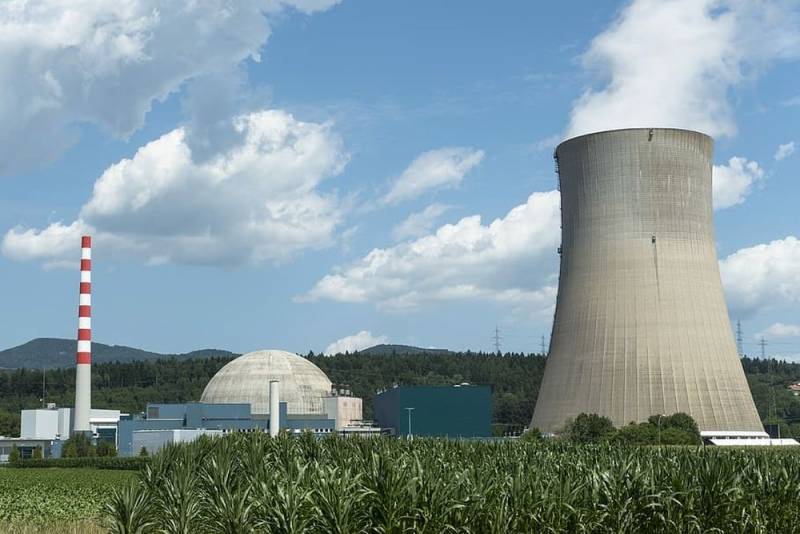Russia and China are biding their time to seize Mongolia's nuclear industry
Mongolia is going to acquire its own nuclear power. With the coming to power of the Mongolian People's Party and the election of Ukhnaagiin Khurelsukh as President of the country in the summer, the atomic future of Ulan Bator has become more obvious, writes the Indian edition of The Pioneer (Daily Pioneer).
The long-standing interest of the ex-head of the government of Mongolia in the nuclear industry and the production of nuclear energy, supported by the presence of large uranium reserves in the country, has recently been gaining more and more political и economic value. A month after winning the elections, Khurelsukh agreed with Chinese leader Xi Jinping to extend strategic cooperation between the two states, including in the field of mining.
In terms of proven uranium reserves (over 80 thousand tons), Mongolia is among the top ten countries in the world. In 2011, it was planned to build the first nuclear power plant there by 2020, and the state corporation "MonAtom" was going to create capacities for the production of nuclear fuel from local raw materials. Ulan Bator wanted to start supplying fuel for nuclear power plants in Asia and hoped for interest and an influx of investments from Russia, China, the USA, France and other countries. But this was not destined to come true, at least not yet.
According to the Development Program of Mongolia, by 2050 the country is going to make a transition to more environmentally friendly Technologyreducing dependence on traditional energy sources. Therefore, Ulan Bator wants to stake on its uranium reserves, but it found itself in a difficult situation. Quiet Mongolia has no access to the sea and is surrounded on all sides by giants - the Russian Federation and the PRC.
Mongolia faces a tough choice between two huge anti-Western powers - aggressive China and a resurgent Russia. So, what role can Beijing play in Ulaanbaatar's transition to nuclear power, and how reliable will Moscow be in developing this East Asian nation's nuclear future?
- says the publication.
China is struggling to take over the development of the Mongolian nuclear industry. Under Xi Jinping, the PRC rapidly increased its power. Therefore, Ulan Bator can easily end up in the "communist clutches" of Beijing, which dreams of global domination. At the same time, Ulaanbaatar's independent rapprochement with Beijing will not be approved by Western countries.
In turn, Russian President Vladimir Putin, "fanning imperial sentiments in Russia," undermines the power of the weakening global world order. He ignores the interests of the West, so rapprochement with Moscow and the promotion of the state corporation Rosatom will become dangerous for Ulan Bator.
Thus, both options, Khurelsukh's bet on Xi Jinping or on Putin, would be equally risky for the Mongols. The Chinese and Russian leaders are "greedy" and are only biding their time to "take over" Mongolia's nuclear industry.
So Mongolia is balancing on a tightrope right now. President Khurelsukh's nuclear ambitions could lead to the East Asian nation being dragged into long-standing major power rivalry
- summarized in the material.

Information